How to find a career that interests you, and to secure work experience in that sector

Achieving a DofE Award not only is a great achievement in itself, it’s also a great accolade to put on your CV. However, there are other things that go alongside your DofE Award that will also help you to secure that first piece of work experience. Work experience is a short period of time (typically ranging between a week to three weeks) in a workplace, offering you the chance to explore future career opportunities, and begin to build up your CV.
Taking that first step into the workplace can feel daunting, and sometimes it’s hard to know where to start. We’ve put together a few tips and tricks on how to secure your first work experience.
What do you find interesting?
The first step is to take a moment and ask yourself ‘what do I find interesting?’. A good starting point can be your school subjects. For example, if you really enjoy English and are a keen reader, publishing may be an industry that you would thrive in. Alternatively, if you’re a keen scientist, sectors such as healthcare and pharmaceuticals might be of interest.
Alongside your subjects, it’s important to think outside the box about other experiences that could help with your career prospects. For example, did you enjoy your DofE expedition, working with other people to get through the challenge of completing it? If so, that’s a useful indicator that you like working in a team to solve a problem, so a workplace that encourages collaboration will be good for you. If you enjoyed working with your local community as part of your DofE volunteering, that’s also a useful bit of experience outside of the classroom. Enjoying working with younger students, for example, could mean that teaching might be a future career for you, and more experience there could help.
Talk to adults about their careers
Once you’ve had a chance to work out what interests you, speak to adults that you trust about their careers. You may know how your parents got their jobs, but if you don’t, maybe ask them – it might surprise you! Alternatively, your teachers or DofE Leaders may have had different jobs before they decided to work with young people.
Showing interest in other people’s careers also means they’ll notice that you’re interested in your future career and will make them more likely to help you secure your first work experience. You’ll be developing an important skill for the world of work, called networking. As a DofE participant or Award holder, you’re already more likely to be confident speaking to new people, so let’s put those skills to the test!
Do your research
With an idea of the different career options out there from your school and with ideas from adults that you know and trust, it’s time to go online and find out more for yourself. Once you know the kinds of industries that might interest you, look online and find out more about them. Do they have internships or work experience opportunities?
If so, it’s time to write a letter to them explaining why you’re the perfect candidate to work with them.
Write your cover letter and CV
If this is your first work experience, then don’t worry about having a short CV. We’ve got lots of guides to help you put together the perfect CV which can help you get started.
Cover letters are nowadays mostly emails, but they have the same purpose. It’s the ‘cover’ that goes before your CV, to explain why you would like to work at the company and what you can offer them. Even when it’s your first bit of work experience, you still have lots to offer a company.
Think about the skills you’ve developed through your DofE programme, and list them down. They don’t have to be the practical things, like map reading, but can be ‘soft’ skills, such as communication, commitment and resilience. Have a go at writing one, and then share it with an adult to help you to refine it.
Once you’ve shared your CV and cover letter, don’t be afraid to follow up with the company you’re interested in. Always be polite but showing your enthusiasm for the opportunity may help to secure it.
Once you’re in your first work experience, take it as an opportunity to learn as much as you possibly can. Good luck!




